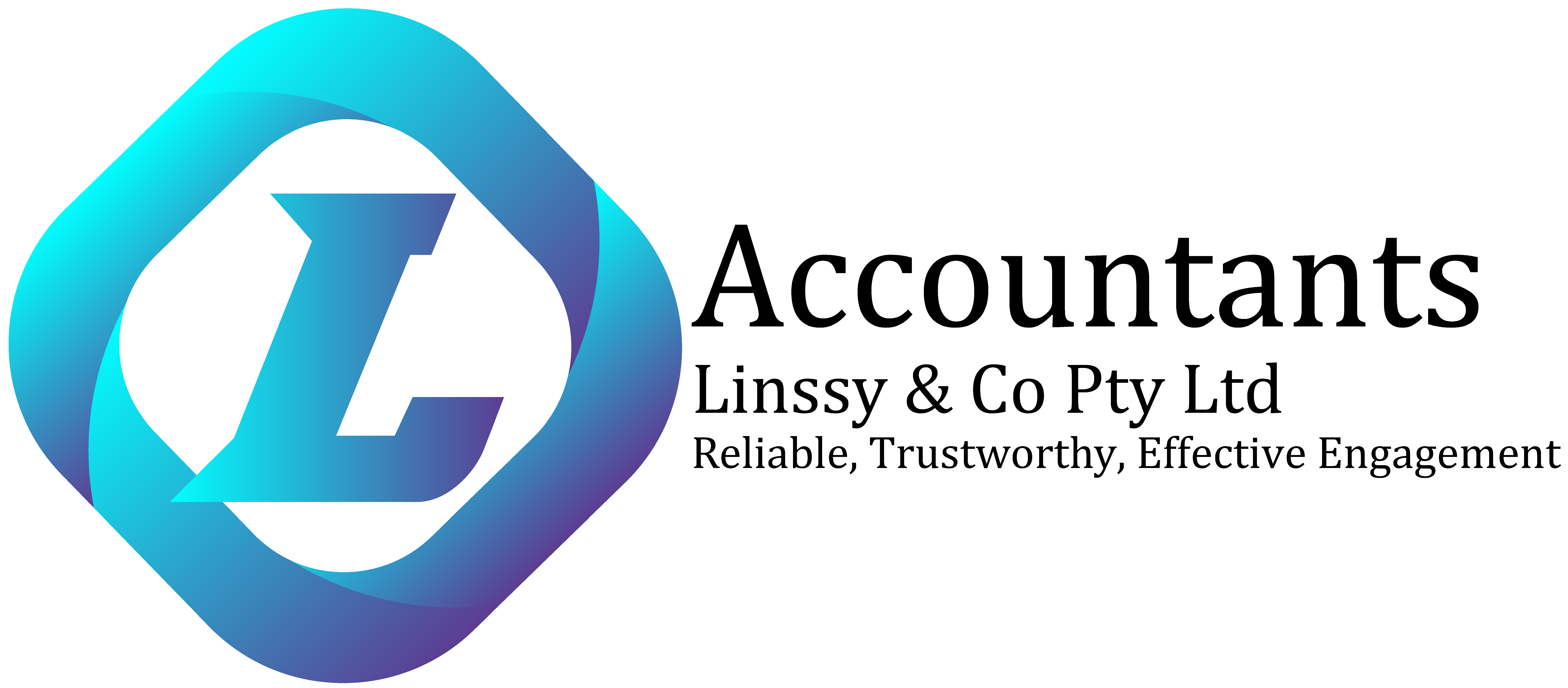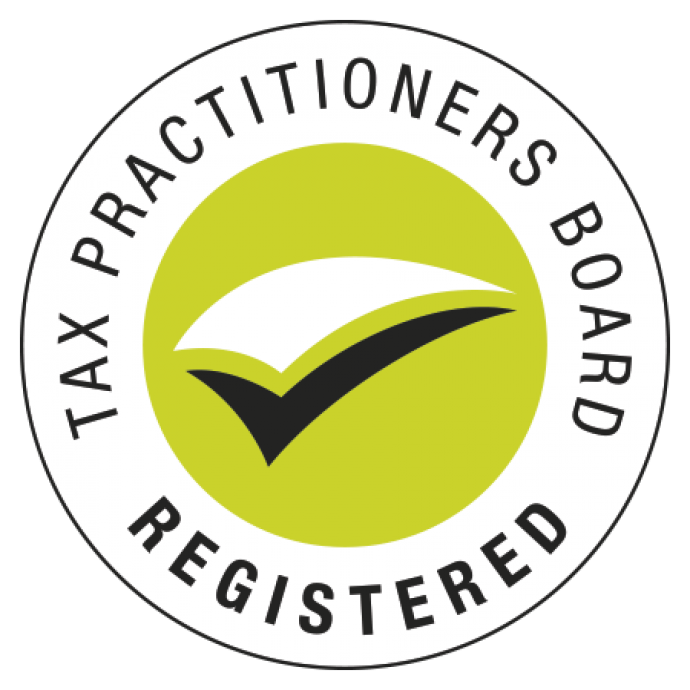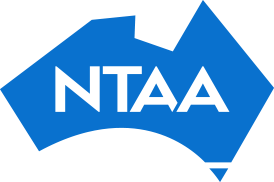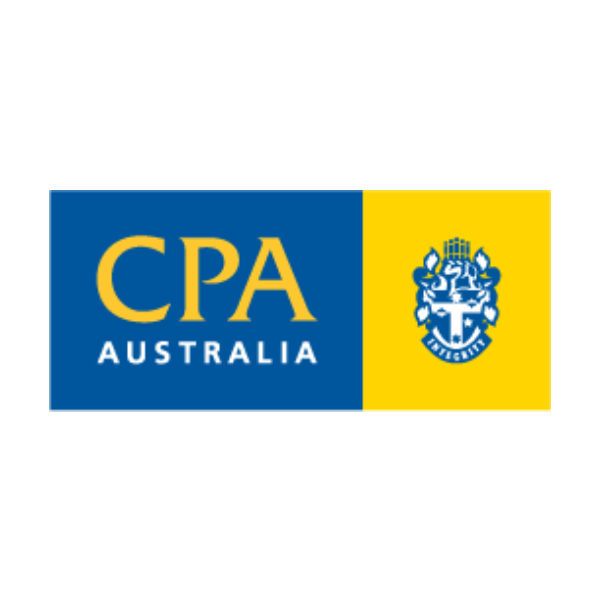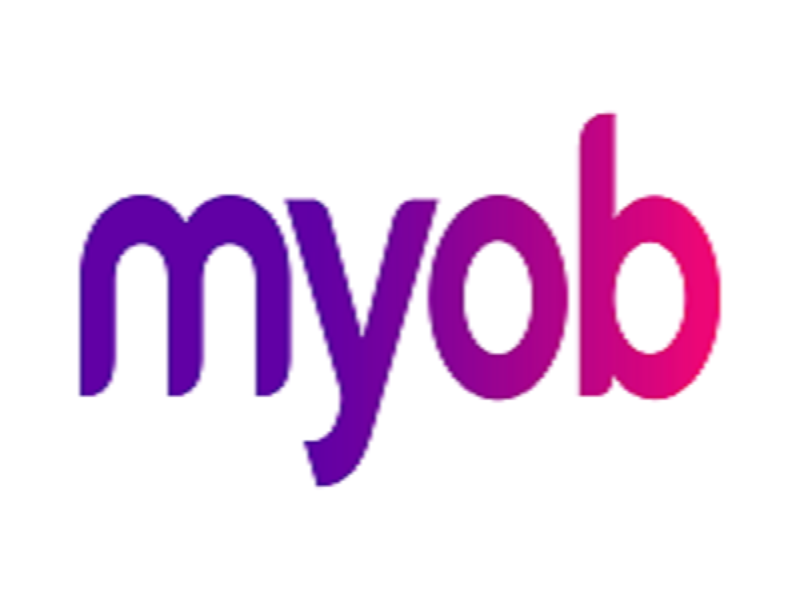Budgeting & Cashflow forecasting


What is Budgets vs Cash Flow Forecasts
A Budget details all the business expenditures and revenues for a specific period of time and most organisation usually planned budget over 12 months period. It includes estimates of revenue and expenses so that you can project the business expected profit over this period.
With the traditional forecasting, assuming stable business environment, the longer the forecast period, the more uncertainties there will be and our ability to make predictions lessens. The span of our predictability is reducing in the modern business environment. Traditional forecasting methodology assumes a 12-month span of predictability. A normal budget process would set out a forecast for the next 12 months, with an adjustment made every three months.
The use of real-time financial data analysis, What-if scenario, sensitivity analysis, Scenario Planning, Driver-Based Planning and Integrated planning will address the many uncertainties that exist within any business environment through the consideration of a number of alternative future events and assessing their potential effects on the business operation.
A business growth and profitability can’t be achieved without a budget forecasting. The budget projection of revenue and expenses, estimating expected profit over this time. It should be linked to your strategic and business plans and KPIs and including performance benchmarks that can be monitored.
A cash flow forecast is a projection of receipts and payments and the timing on when they are likely to occur. Basically, cashflow forecast will estimate when the income will be received. The cashflow forecasting is paramount to the continuing viability and operation of a business. A cashflow forecast will also include timing of cash movements such as income tax, land tax, GST payments, payroll tax, super, capital purchases, investment incomes, loan repayments and dividends to be paid. A cash flow projection will predict the funds left in your bank account at the end of the period. A cash flow forecast will also assist with smoothing out the seasonal slumps in revenue or increased expenses, thus allowing continued operation. There will always be temporary differences in timing of receipts and payments in budget and cashflow forecasting.
A good cash flow forecast requires that the predictable Balance Sheet movements. The GST, income tax payable, super, insurance renewal, purchase and disposal of assets, new loans and the repayment of loans are all needs to forecast accurately. A good cashflow forecast will be able to projected payments and receipts from the bank accounts, direct and indirect taxes due for payment, capital purchases and disposable of assets and any current liability due for payment.
The accuracy of budget and cashflow forecasting will facilitate resource allocation, ascertain business profitability, allows business to expand or divest or if there is any going concern issue.
Contact Us
Complete the form below and one of our qualified and experienced staff will get in touch with you. You can also call us on 0411 913 825
